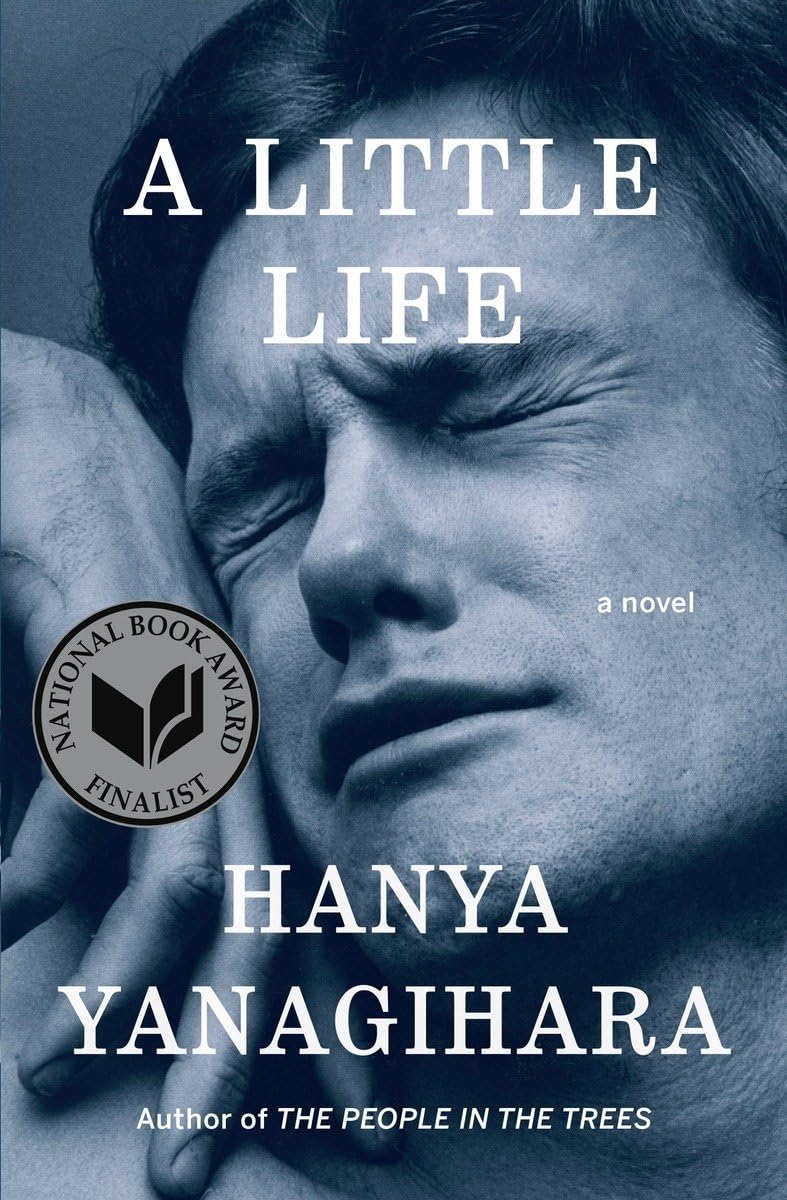Chapter 3: Jude and Redemption
byIn Chapter 3, JB finds himself in the throes of addiction, struggling against isolation, regret, and an unfulfilled need for redemption. The story unfolds over the Fourth of July weekend, a time when celebration and freedom dominate the city, yet for JB, it serves as a stark contrast to his own imprisonment within his habits and self-destruction. While his friends disperse to various destinations—Malcolm heading to Hamburg, Jude traveling to Copenhagen, Willem escaping to the landscapes of Cappadocia—JB remains behind, caught in a personal battle he cannot seem to win.
The absence of his friends only magnifies the weight of his solitude, a silence that makes the city feel more abandoned than ever. Though he tells himself that staying behind was a choice, a statement of defiance, deep down he knows it was something else—a resignation, a quiet admission that his struggles have kept him anchored in place while the rest of the world moves on. As he roams through the empty streets, his mind swings between moments of clarity and spirals of self-doubt, the desire to change warring with the temptation of old habits.
JB’s journey through addiction is not just about the substances he clings to but about the deeper wounds he has never addressed. He refuses to call himself an addict, insisting that he is in control, yet every decision he makes tells a different story. His body bears the consequences of his choices—his energy drained, his art suffering, his relationships crumbling beneath the weight of his denial. Even as he convinces himself that he can stop whenever he wants, the pull of dependency is too strong, wrapping around him like an unshakable force.
The suffocating summer heat in New York mirrors the suffocation he feels within himself, pressing down on him, making every breath feel heavier. The city, once a place of inspiration and connection, now feels empty, its streets void of the laughter and presence of those who once kept him tethered to reality. He hates the humidity, the stillness, the way the sun beats down mercilessly, but he stays anyway, unable to articulate why. Perhaps it is an attempt to prove to himself that he can survive this alone, or perhaps he simply does not know how to leave.
In the midst of his struggle, his thoughts frequently drift to his friends, particularly Jude, whose presence in his life has always been complex and unwavering. There are memories that bring comfort, but also ones that sting with regret—times when he failed Jude, when he failed all of them, when his addiction pushed them away. His friendships are frayed but not yet broken, though he wonders how much longer they will remain intact before he loses them completely.
Determined to regain control, JB resolves to stay clean, at least for this weekend, as if proving his strength to himself and his absent friends will make a difference. Yet the temptation is relentless, the loneliness pressing in on him, suffocating him in ways he refuses to acknowledge. He paces his studio, the space that once fueled his artistic passion now feeling more like a cage, a reflection of his internal turmoil. He wants to believe that he has the willpower to endure this, but every second feels like an unbearable weight.
His downward spiral reaches a breaking point when his friends unexpectedly arrive, attempting to pull him back from the brink. Their intervention is meant to be an act of love, but JB, defensive and full of self-loathing, lashes out, his desperation manifesting as anger. The confrontation is heated, raw, filled with words he immediately regrets but cannot take back. In pushing them away, he feels an instant sense of loss, a sharp awareness that he may have just severed the last lifeline keeping him afloat.
The night ends with JB in a hospital, restrained and lost in his own mind, grappling with the weight of what he has done. His body is healing, but his thoughts remain fragmented, cycling through flashes of the past, visions of the future, and the suffocating uncertainty of whether redemption is even possible. He has spent so long convincing himself that he doesn’t need help, but in this moment, strapped to a hospital bed, staring at the ceiling, he begins to wonder if accepting it is the only way forward.
This chapter delves into the depths of addiction, capturing the profound loneliness and psychological warfare that comes with it. JB’s fight is not just about substance abuse—it is about self-worth, about the battle between wanting to be saved and believing he is beyond saving. His journey is a painful but necessary confrontation with the truth, a portrait of a man on the edge, torn between the seductive pull of destruction and the fragile hope of redemption.


